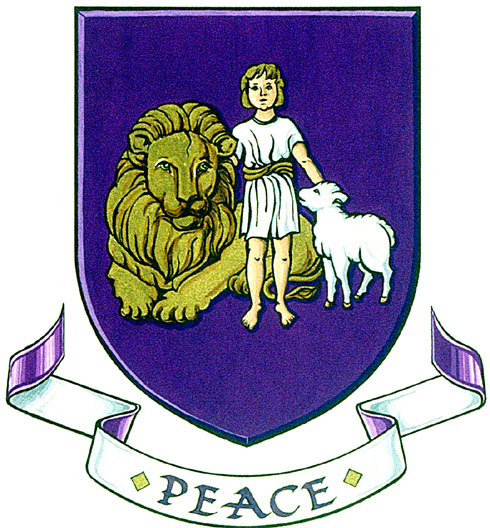DAY OF THE LORD Part III

THE POPULAR ENCYCLOPEDIA OF BIBLE PROPHECY
DAY OF THE LORD
ZECHARIAH
Zechariah is the first Postexilic prophet to speak explicitly of the day of the Lord. Because the Assyrian and Babylonian judgments were history Zechariah entire Prophecy deal with a far ecological expectation. His Subject in Chapter 14 is the day of the Lord and its subsequent results. The Chapter States that things will get worse (14:2-5 ) Before they get better (14:1; 14 ) God will then intervene against the nations and fight on Israel behalf (14:3-5; 12-13). This Picture Christ Return at Armageddon ( see Joel 3; Matthew 24; Revelation 19 ) to establish his Millennium Kingdom and to claim his rightful place On the Throne of David.
Zechariah always describe the day of the Lord as a day of God anger and wrath, not a day of God’s blessing. Thus we may conclude that it is the time when God Intervenes as the righteous judge to impose and execute his decreed punishment. After the eschatological day of the Lord fulfill God’s judgment, God will reign on earth and blessed his people. The blessings that are tied to the day of the Lord are chronologically consequent to it, not inherent with in it.
MALACHI
The Great and terrible day of Malachi 4:5 ( see also Joel 2:11;31; Zephaniah 1:14 ) Is describe in 4:1-3 . It is clearly a day of Judgment, As the reference to furnaces, fire , Chaff, and Ash clearly show. It point to the end of the tribulation, When the wrath of the lamb and almighty God will be poured out ( See Revelation 6:16 – 17; 16:14 ).
THE PROPHETIC FULFILLMENT
God”s servants the Prophets spoke of the Day of the Lord as both near historical and far eschatological events. many passages contains a movement from the near to the far events. The prominent terms of “every day of the Lord” Prophecy is God’s judgment of sin. The blessing of God’s reign are subsequent to and a result of the day of the Lord, but they are not a part of it. But they are a promulgation to it and the end results.
R.V.G Tasker ( P. 45 ) Observes, The Expression “The Day Of The Lord” at the time of the rise of the great prophet denoted an event to which the Israelite were looking forward as the day of Jehovah’s final vindication of Righteousness of his people against their enemies.”
George Ladd ( P.68 ) adds “The Prophets view the immediate historical future against the background of the final eschatological consummation for the same God who was acting in history would finally establish his kingdom in the future.”
“The Day Of The Lord” is a biblical phase use by God’s Prophets. To describe either the immediate future or the ultimate eschatological consummation. They use it to describe several’s events. Readers must interpret the appearance of it in its context to determine whether the prophet expected the immediate historical act of God Or Jehovah ultimate eschatological visitation.
Two periods of the day of the lord of the Lord are yet to be fulfill on earth: (1) the Judgment that climax the tribulation (2 Thessalonian 2:20; Revelation 16:18 ) and (2.) The Consummating Judgment of the earth that ushers in the new earth( 2 Peter 3:10 to 13: Revelation 20:7- 21:1 ) The Old-testament use of ” The Day Of the Lord” Provide a basic for a more accurate interpretation of Acts 20:20; 1 Thessalonian 5:2; 2 Thessalonian 2:2 and 2 Peter 3:10, which all have an eschatological emphasis.
G.M. Burger ( P.295 ) Notes that the New Testament maintains a futurist expectation of “the day of the Lord” in relations to the second coming of Christ in judgment on the “day of Christ” ( Philippians 1:10; 2 Thessalonian 2:2). Thus, the New testament writers interpret this day in light of its eschatological fulfillment in the future ——– RICHARD L. MAYHUE
BIBLIOGRAPHY
Burge, G.M. “Day Of Christ” God” The Lord “In Evangelical Dictionary of Theology. Grand Rapids: Baker Books, 1984.
Feinberg, Charles. The manor Prophets. Chicago: Moody Press, 1976.
Kaiser, Walter. Towards an Old Testament Theology. Grand Rapids: Zondervan; 1978.
Ladd, George. The presence of the Future. Grand Rapids: Eerdmans Publishing Company, 1974.
Price; W.K. The Prophet Joel and the Day of the Lord. Chicago: Moody Press 1971.
Tasker; R.V.G The Biblical Doctrine Of the wrath of God London: The Tyndale Press; 1951.
